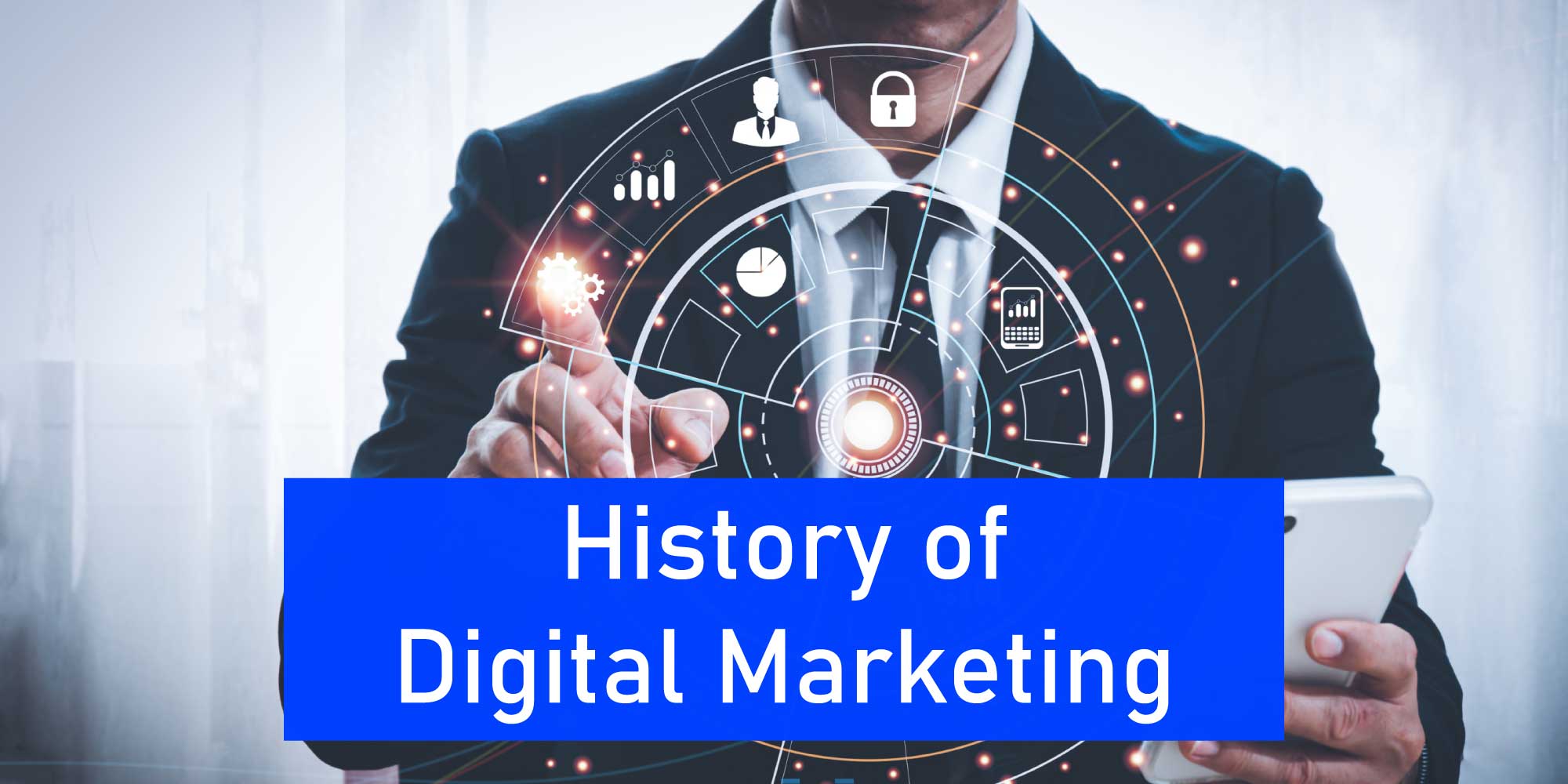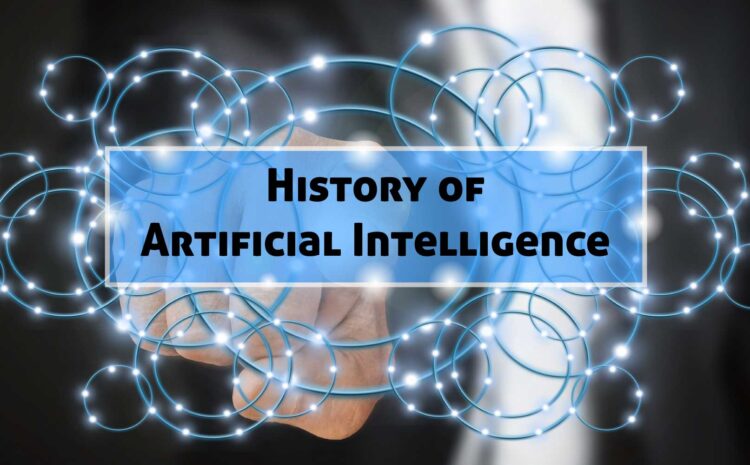Welcome back to another enthralling “History of” post! Today, we dive into Digital Marketing! I bet you’ve always wondered where digital marketing started, right? No? Well, let us enlighten you either way! It was a topic of great interest to us, and we were shocked at some of the revelations we stumbled across during our research for this article. We hope you’ll learn something new. Let’s get this party started.
What is Digital Marketing?
Digital marketing is the process of using online marketing methods such as popups, social media, search, and email to advertise and sell products and services.
Today’s consumers demand technical knowledge and are impatient; they want services to be offered wherever and whenever they want. Digital content consumption is growing daily, thanks to affordable smartphones and tablets.
With over a billion regular social media users, it’s essential for business owners and marketers to understand fundamental digital marketing concepts to retain existing customers and attract new ones.
The digital marketing industry has changed dramatically over the last twenty years. Each year sees numerous changes, acquisitions, and innovations that have all played a part in shaping what the industry looks like today.
Experts believe that digital marketing may replace conventional marketing methods in some time. So, we think it’s time to look at the history.
How did all this digital marketing mumbo jumbo get started?
Let’s try to trace its origins and track its roots—a glance at the history of digital marketing, since we’ve gone over the most basic definition of the term.
In the early 1990s, marketers were wary of using the digital platform for advertising, as the internet itself was not deployed widely. The advent of the internet ushered in the Web 1.0 platform, which enabled users to find information, but there was no option to share this information.
As a term, Digital Marketing was coined in the 90s with the advent of server-client architecture, and the storage capacity of computers in the 1980s had already increased to store voluminous data. The Archie search engine was developed, and there was an index of FTP sites for online marketing. Companies started to use database marketing and other online techniques.
Who is the father of digital marketing?
Some contend that it should be Marconi, as he was the first to transmit a radio signal. Others believe that no one has knowledge of this subject like Philip Kotler, and he is the real founder. And some believe Ray Tomlinson should get credit because of the first email in 1971.
Types of Digital Marketing
- Search Engine Optimization (SEO) …
- Pay-per-Click (PPC)
- Social Media Marketing
- Content Marketing
- Email Marketing
- Mobile Marketing
- Marketing Analytics
- Affiliate Marketing
Advantages of Digital Marketing
- Cost-Effective
- Customer Loyalty
- Global reach
- Niche Targeting
- Easy to adjust
- Easy to share
- Greater engagement
Future of Digital Marketing
Digital marketing, technologies, and the internet have come a long way since 1990. The rise of machine learning, automation, artificial intelligence, and conversational marketing are just some of the exciting trends that will shape the future of how we interact with each other in cyberspace.
The world is increasingly becoming a digital-centric place. In the future, we will look back on 2020 as the year that saw a boom in e-commerce. Businesses that do not have a digital presence may soon be required to do so.
The future of digital marketing looks optimistic, with innovative trends that help marketers conduct campaigns and deliver SEO services that will change the way marketing is done.
The digital marketing industry has grown significantly over the last number of years. A company in a fast-developing industry must be aware of all the key changes in the market. Companies and brands should not only plan for, but also capitalize on, the future of digital marketing.
All this to say, knowing the history of digital marketing is critical in figuring out how to best leverage emerging technologies. Digital marketers need to be able, and willing, to monitor change and adapt as needed. Influencer marketing and social media will continue to dominate the digital marketing world in the future.


 Linkedin
Linkedin


